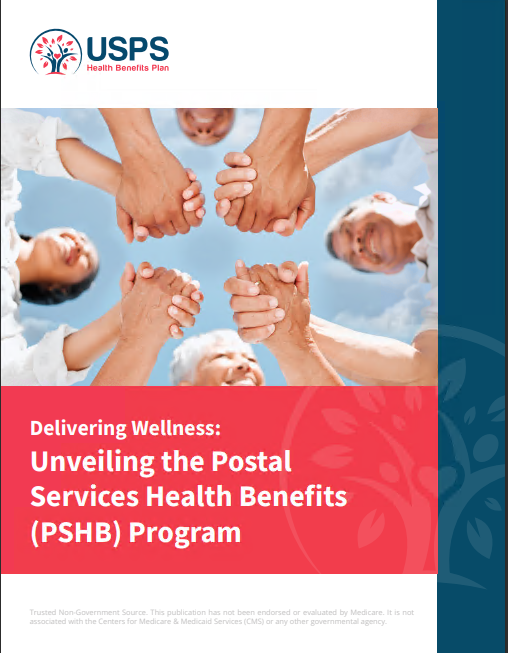Key Takeaways
- Medicare caregivers play an essential role in supporting beneficiaries, and accessing available resources can significantly ease their responsibilities.
- Understanding Medicare-covered services, financial assistance programs, and emotional support options can help caregivers manage their duties effectively.
Caring for Medicare Beneficiaries: Comprehensive Resources for Caregivers
Caregivers play a vital role in the lives of Medicare beneficiaries, often providing essential support to those who are elderly, disabled, or chronically ill. Caring for a loved one can be incredibly rewarding, but it can also be physically, emotionally, and financially challenging. Understanding and accessing available resources can make a significant difference in managing these demands. This article explores the various support resources available for Medicare caregivers to help them navigate their responsibilities effectively.
Understanding the Role of a Medicare Caregiver
A Medicare caregiver can be a family member, friend, or professional who assists a Medicare beneficiary with daily activities, medical care, and other essential needs. The role can range from helping with household chores and personal care to managing complex medical treatments and coordinating healthcare services. Given the diverse responsibilities, caregivers need a variety of resources to support them in their roles.
Medicare-Covered Services Benefitting Caregivers
While Medicare primarily focuses on providing health coverage for beneficiaries, several Medicare-covered services indirectly support caregivers by ensuring that their loved ones receive necessary care:
- Home Health Care: Medicare Part A and Part B cover home health care services if a beneficiary is homebound and requires skilled nursing care, physical therapy, or speech-language pathology. Home health aides can assist with personal care, reducing the burden on caregivers.
- Hospice Care: For beneficiaries with a terminal illness, Medicare covers hospice care, which includes medical services, pain management, and support services. Hospice care also provides counseling and respite care, offering much-needed relief to caregivers.
- Durable Medical Equipment (DME): Medicare covers medically necessary durable medical equipment such as wheelchairs, hospital beds, and oxygen equipment. This equipment can make it easier for caregivers to assist with mobility and other daily needs.
Financial Support and Assistance Programs
Caregiving can be financially demanding. Several programs offer financial assistance to help caregivers manage expenses:
- Medicaid: Medicaid programs often provide more extensive caregiving benefits than Medicare, including coverage for in-home care services and financial assistance for caregivers. Eligibility and benefits vary by state, so it’s essential to check local Medicaid rules.
- State Health Insurance Assistance Programs (SHIPs): SHIPs offer free counseling and assistance to Medicare beneficiaries and their caregivers. They provide information on Medicare benefits, coverage options, and financial assistance programs, helping caregivers make informed decisions.
- Veterans Affairs (VA) Benefits: If the person being cared for is a veteran, the VA offers various support services, including financial assistance, home health care, and respite care programs.
- Long-Term Care Insurance: Some long-term care insurance policies cover in-home care and respite care, providing financial relief for caregivers. Review existing policies to understand the benefits available.
Respite Care Resources
Respite care is a critical resource that provides temporary relief to caregivers. It allows them to take a break from their responsibilities, which is essential for maintaining their own health and well-being.
- Medicare Respite Care: Under the hospice benefit, Medicare covers short-term respite care. This allows caregivers to take a break while the beneficiary receives care in a Medicare-approved facility for up to five days at a time.
- National Respite Network and Resource Center: This organization provides a directory of respite care services across the country, helping caregivers find local respite care options.
- State Respite Coalitions: Many states have respite coalitions that offer information, resources, and financial assistance for respite care services.
Emotional and Psychological Support
Caring for a loved one can be emotionally taxing. Various resources are available to help caregivers manage stress and maintain their mental health:
- Support Groups: Local and online support groups provide a platform for caregivers to share experiences, seek advice, and find emotional support. Organizations like the Alzheimer’s Association offer support groups for caregivers of individuals with specific conditions.
- Counseling Services: Professional counseling can help caregivers cope with the emotional challenges of caregiving. Many communities offer low-cost or sliding-scale counseling services.
- Caregiver Training Programs: Training programs can empower caregivers with the skills and knowledge needed to manage their responsibilities more effectively, reducing stress and increasing confidence.
- Employee Assistance Programs (EAPs): If employed, caregivers can often access mental health services and counseling through their workplace’s EAP, which provides confidential support and resources.
Practical Assistance and Education
Educational resources and practical assistance can help caregivers manage their day-to-day responsibilities more efficiently:
- Caregiver Resource Centers: These centers offer a variety of services, including educational materials, workshops, and personalized advice. They can help caregivers learn about disease management, patient care techniques, and available resources.
- Online Resources: Websites like the Family Caregiver Alliance and AARP provide extensive information, webinars, and online courses on various aspects of caregiving.
- Local Area Agencies on Aging (AAAs): AAAs provide a range of services for older adults and their caregivers, including information on local resources, meal programs, and transportation assistance.
- Care Coordination Services: Some health plans and community organizations offer care coordination services to help manage medical appointments, treatments, and communication with healthcare providers, easing the caregiver’s burden.
Legal and Advocacy Resources
Navigating the legal aspects of caregiving can be challenging. Several resources are available to assist with legal and advocacy needs:
- Legal Aid Services: Many communities offer free or low-cost legal aid services to help caregivers with issues such as power of attorney, guardianship, and estate planning.
- Elder Law Attorneys: Specializing in the legal needs of older adults, elder law attorneys can provide advice and assistance on a range of issues, from long-term care planning to financial management.
- Advocacy Organizations: Organizations like the National Council on Aging and the Caregiver Action Network advocate for caregivers’ rights and provide resources and support for navigating complex caregiving issues.
Next Steps for Caregivers
Being a caregiver for a Medicare beneficiary involves numerous responsibilities, but you don’t have to navigate this journey alone. Leveraging available support resources can make a significant difference in managing the challenges and ensuring the well-being of both the caregiver and the care recipient.
Contact Information:
Email: [email protected]
Phone: 6235552345











